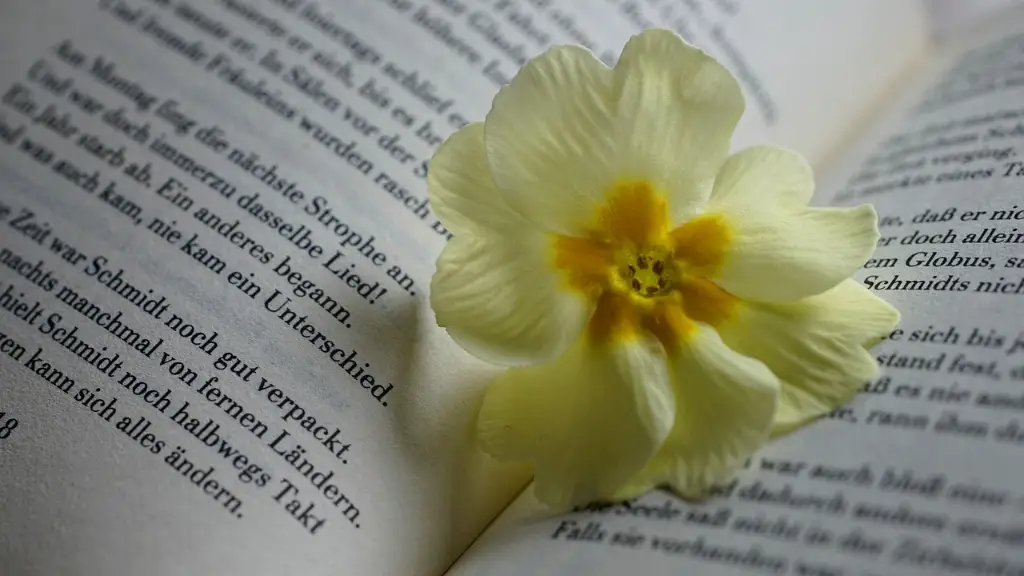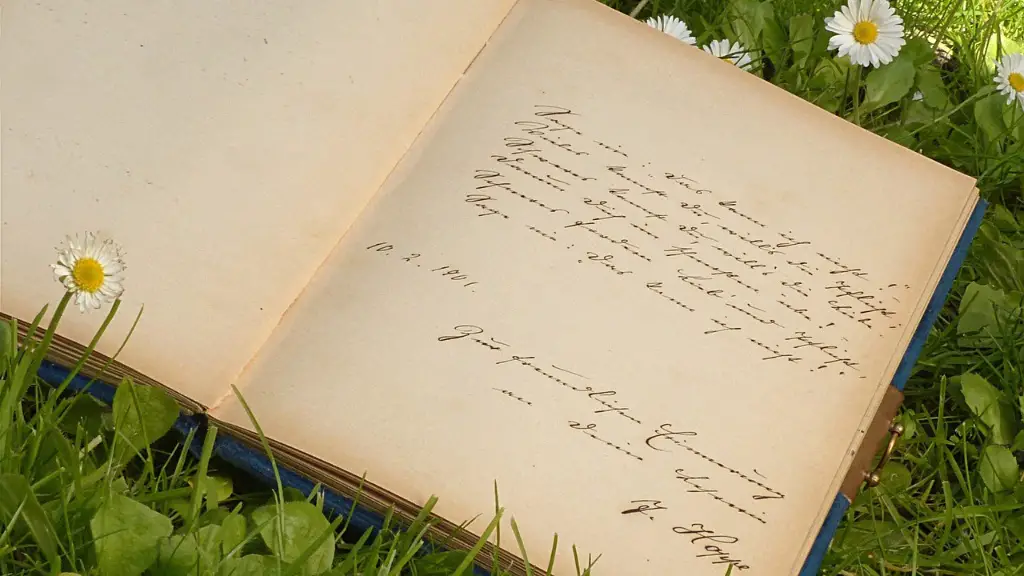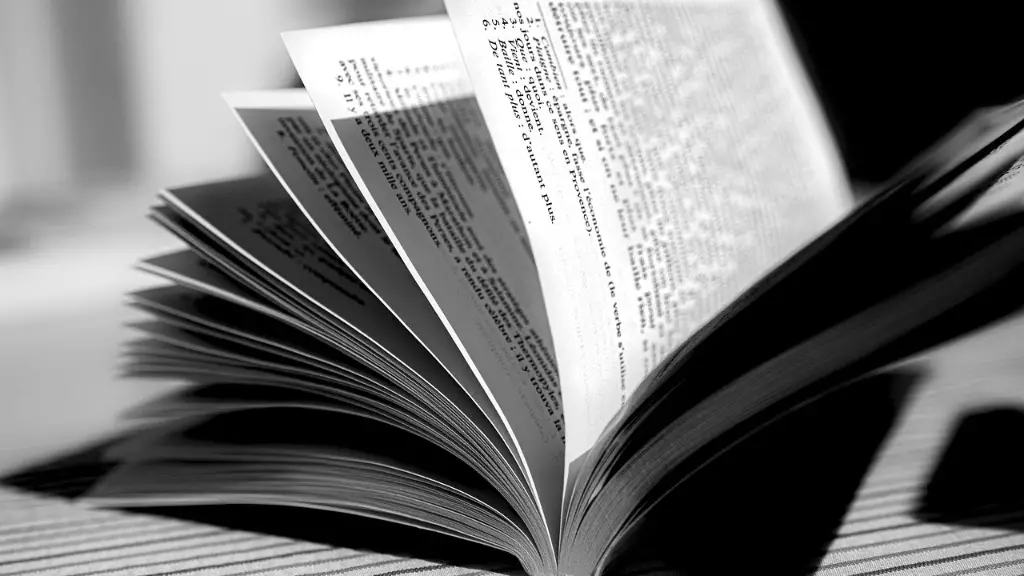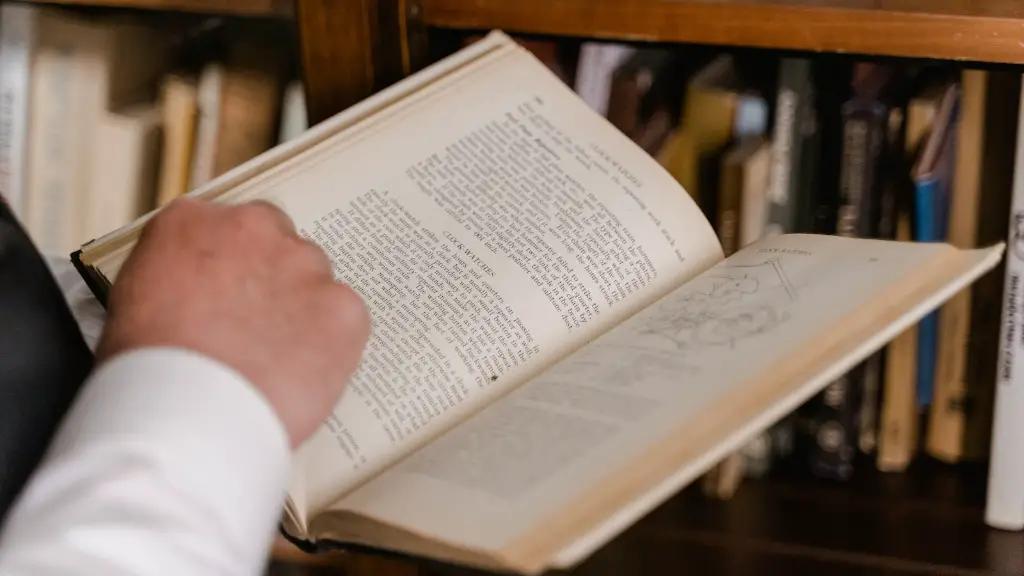Walt Whitman is considered one of the most important and influential poets of the 19th century. His works are considered by many to be among the finest American verse of all time. His works have been read and studied around the world and have had a huge impact on American literature.
One of the most famous works of Walt Whitman is Leaves of Grass, a collection of poems that are considered to be his magnum opus. First published in 1855, Leaves of Grass was an immediate success, and was subsequently revised throughout his life. The work consists of twelve books and more than 400 poems, and expresses Whitman’s love for the natural world, his admiration for the United States, and his vision of a better future for all.
Whitman was also a great believer in democracy and sought to express these beliefs in his works. He was an advocate for the rights of minorities and was vocal about his opposition to slavery. His works often dealt with political and social issues, such as civil rights, labor rights, and the emancipation of women.
Throughout his career, Whitman wrote on a wide variety of topics, including love and sexuality, mortality, and the human condition. His works, which often focused on the beauty and fragility of life, were highly praised by his contemporaries and have remained popular even today.
Whitman was also a masterful lyricist, a skill which he applied to many of his poems. His use of imagery and metaphor has been cited as an influence on many modern poets, while his ability to capture a moment in time and express it in words has helped to create some of the most powerful and lasting poems ever written.
Whitman died in 1892, and his legacy lives on through his poetry, which is still read and studied around the world. His works have had a profound impact on the world of literature and are regarded as some of the most important pieces of American poetry ever written.
Influence and Legacy
The influence of Whitman’s poetry and philosophy can be seen throughout the writings of modern poets. Many of his works have been set to music, and his unique style of free verse has been adopted by many writers.
Whitman has been celebrated by historians and writers around the world. He is considered one of the most important figures in American literature and has inspired generations of poets and writers.
His works have also been the subject of numerous books and essays, and have been translated into many languages. His influence has been felt in countries around the world, and his poems continue to be read and studied.
While Whitman has not been without his critics, his works have stood the test of time. He has come to be regarded as one of the greatest poets of the 19th century and his influence on modern literature is still felt today.
Modern Adaptations
The influence of Whitman’s works can also be seen in other mediums, such as film and theatre. Many of his works have been adapted into plays and musicals, while his writings have also inspired a variety of films.
Whitman’s works have also inspired works of visual art, such as paintings, sculptures and photography. His works continue to be used as the basis for artistic projects, and many of his poems have been the subject of installations and exhibitions.
The popularity of Whitman’s works has even extended to popular culture, with many of his works being used as lyrics in songs by a variety of musicians. His works have also appeared in television programs, video games and advertisements.
The influence of Walt Whitman on modern literature and culture is undeniable, and his works continue to inspire new generations of readers and writers.
Critical Reception
While Whitman’s works were initially controversial and were not always well-received by his contemporaries, his works have gone on to receive widespread critical acclaim. His works have been highly praised by literary critics, who have praised his ability to capture a moment in time and express it in words.
Whitman has been hailed as one of the greatest poets of the 19th century, and his works have been credited with revolutionizing American poetry. His work has been the subject of countless scholarly studies, and his influence on modern literature is undeniable.
Although Whitman’s works were often met with shock and disbelief by his contemporaries, they have gone on to be hailed as some of the most influential works of American literature. His works continue to inspire writers and readers around the world.
Contemporary Relevance
The influence of Walt Whitman on literature and culture is undeniable and his influence is still felt today. His works continue to inspire writers and readers around the world, and his works have been adapted for a variety of mediums.
His works continue to be studied and analyzed in classrooms around the world, and his unique style of language and expression has been credited with revolutionizing poetry. In addition, his works are being taught in universities, in literature courses, and in numerous film and theater projects.
Whitman’s works continue to resonate with readers of all ages and have become staples of the American literary canon. He remains one of the most influential poets of the 19th century, and his works continue to inspire new generations of readers and writers.
Popular Appeal
Whitman’s works have been embraced by readers of all backgrounds and have become popular classics. His works have been adapted for film and theatre, and have become popular in adaptations such as musicals and plays.
His works continue to be quoted and paraphrased in popular culture, and his influence can be seen in the works of modern poets and writers. His works have been adapted for television, and his unique style of free verse has left an indelible mark on modern poetry.
The influence of his works continues to be felt today, and these works continue to attract readers of all ages. Whitman’s works remain some of the most beloved and popular works of American literature.
Conclusion
The writings and poetry of Walt Whitman remain some of the most important and influential works of the 19th century. His works have been praised by critics and have become popular classics. His works continue to be read and studied around the world, and his influence can be seen in the works of modern poets and writers.





